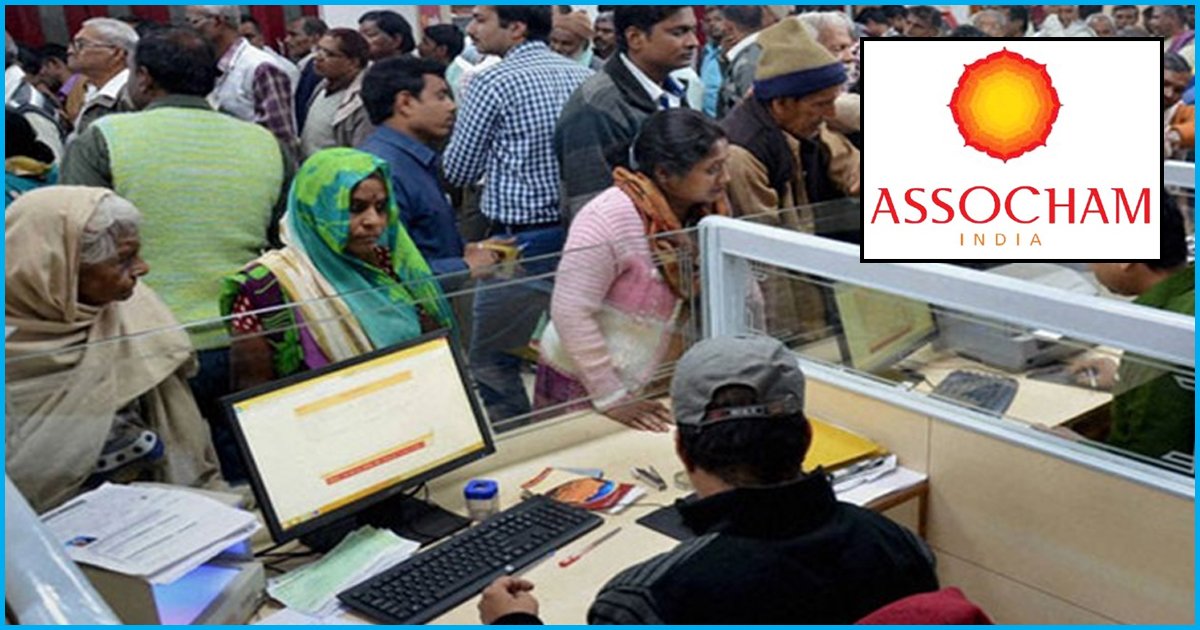
Industry Chamber Assocham Asks Centre To Drop "Bail-In" Clause From FRDI Bill
15 Dec 2017 9:48 AM GMT
Industry chamber Assocham asked the Centre to remove the “bail-in” clause from the draft Financial Resolution and Deposit Insurance (FRDI) Bill.
Assocham said that the FRDI bill has generated panic amongst depositors and there is an erosion of trust due to the Clause 52. The new FRDI bill 2017 has a provision of “canceling a liability owed by the banks and modifying the form of a liability”. It means depositors will not get immediate cash to fulfill their obligations.
What Assocham said?
“The Centre’s assurance that the depositors’ interest in case of a bank going down under would be fully protected should be clearly and unambiguously spelt out in the Financial Resolution and Deposit Insurance (FRDI) bill and a clause that seeks to treat depositors as other creditors and shareholders for bail-in, must be removed,” said Assocham, according to Deccan Chronicle.
They further said that this bail-in clause was included so that the government does not have to bear the loss all alone if the bank fails and hence, roped in depositors too. “The government’s assurance notwithstanding, Sub-section 7 of Section 52 of the proposed law clearly says that the bail-in, to which depositors have a strong objection to, shall not be applicable to deposits to the extent only covered by insurance,” said the chamber.
Assocham said that depositor’s money should be protected at every cost. “Now as of now, the deposits are covered only up to Rs 1 lakh, which is a measly sum for millions of middle-class families which have kept their life savings in bank deposits,” it said
They also mentioned that if people’s trust from banks is gone, then they will start investing in “unproductive avenues” like in real estate, gold, jewelry and even in the unorganized sector, where there is a possibility of the money being mishandled by people.
They further said that pensioners, old age people, and middle-class families depend on bank deposits for financial security, hence, this bail-in is not a plausible solution. Any move to copy the western concept of “bail-in” should be avoided.
Also Read:
Finance Minister Says FRDI Bill Will Protect The Rights Of Depositors: But What Do The Facts Say?
 All section
All section













